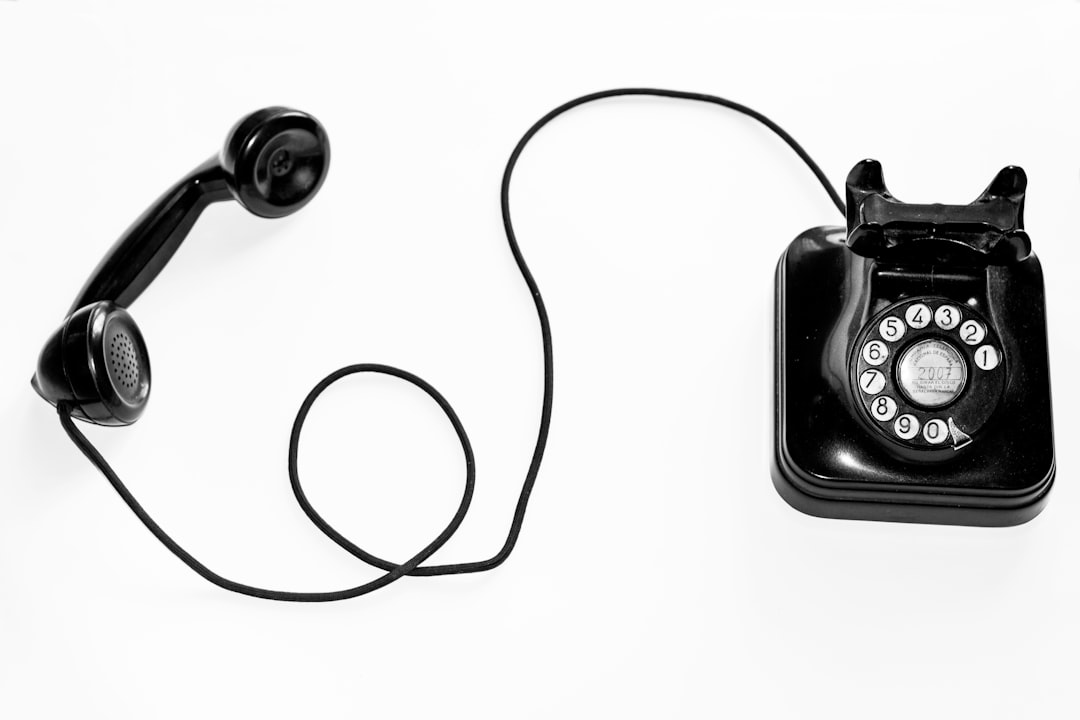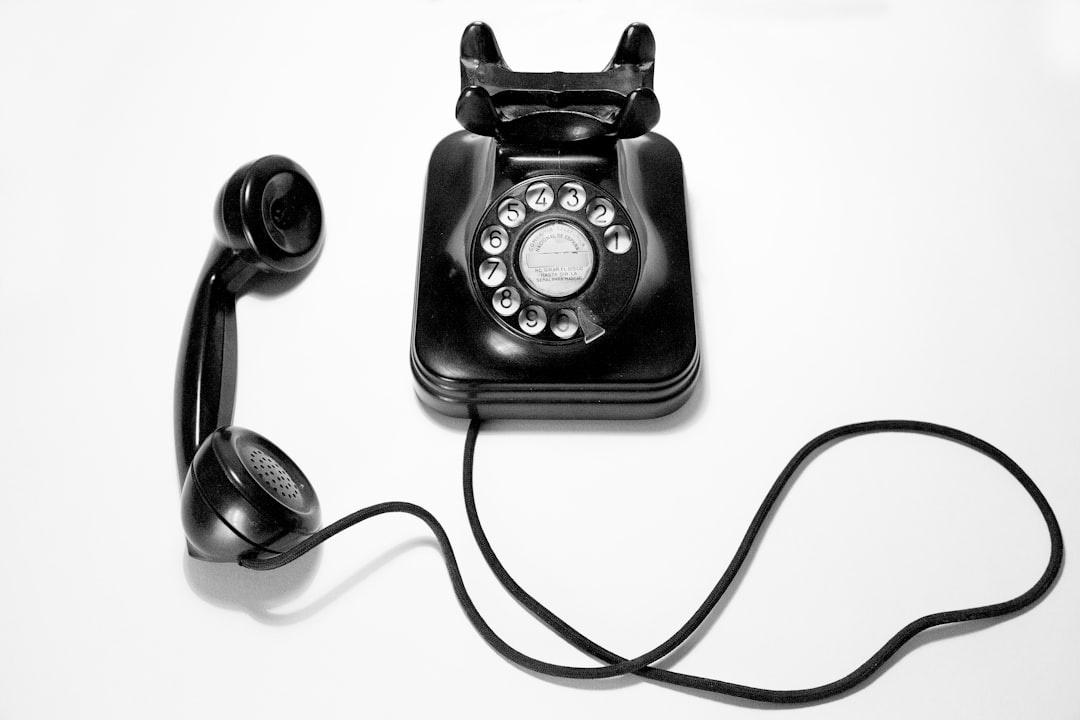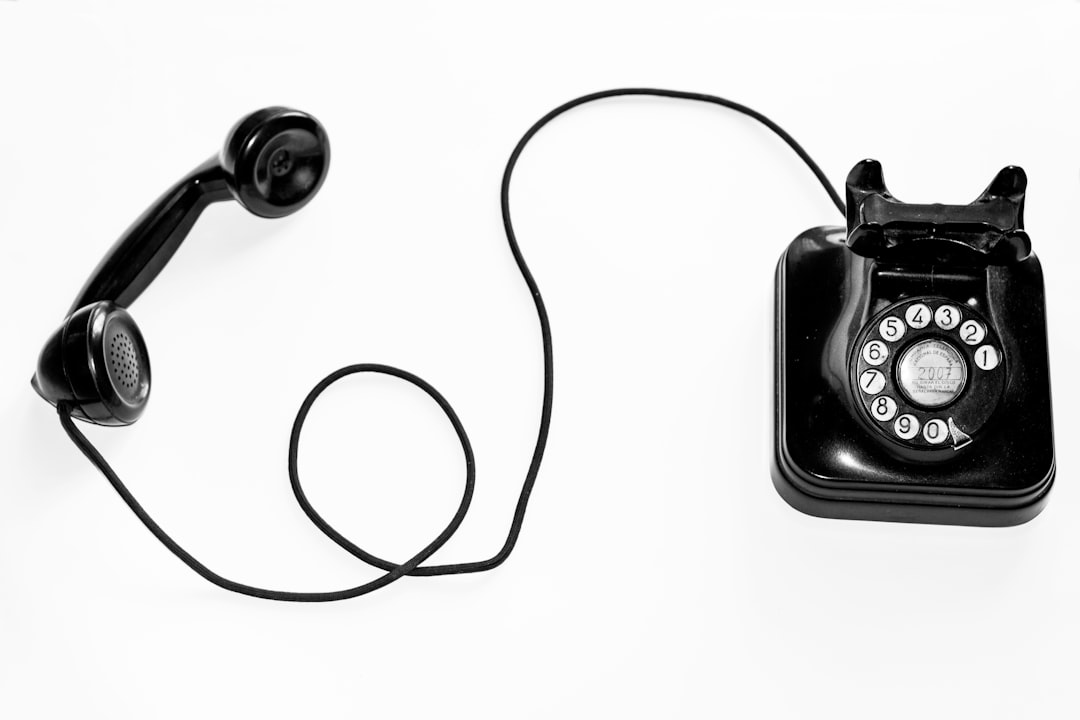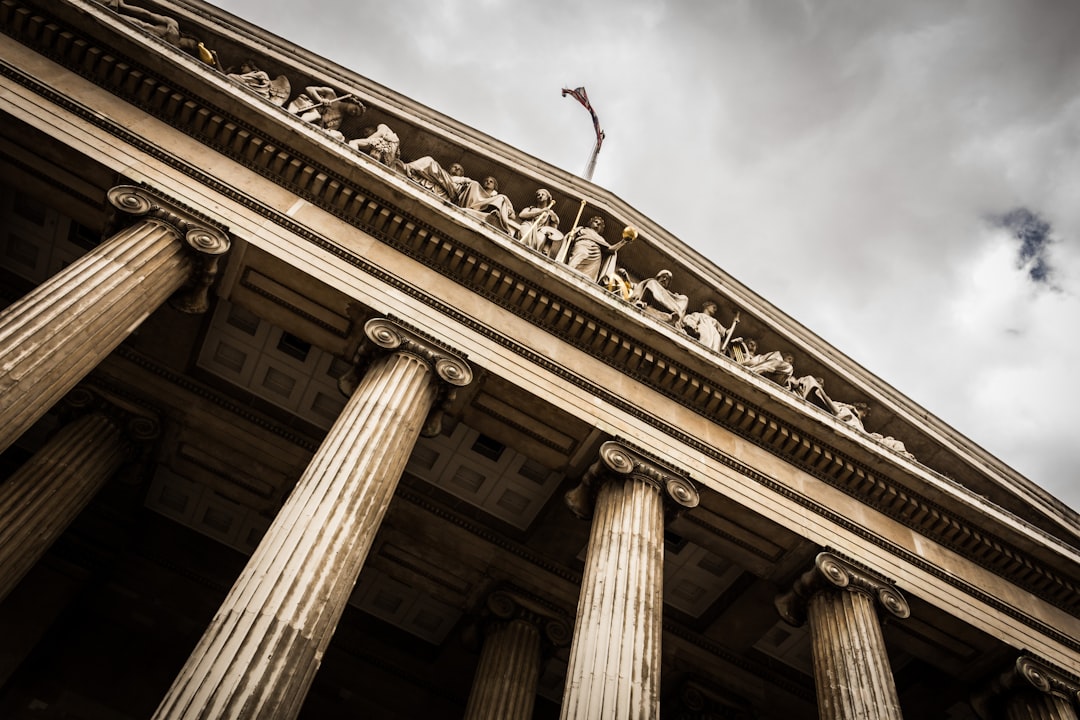Philadelphia liquor stores must adhere to the Telephone Consumer Protection Act (TCPA) to avoid substantial fines and protect their reputation. They should consult specialized unwanted call lawyers or attorneys in Philly who understand the nuances of automated calls, prerecorded messages, and text communications as per TCPA guidelines. Reputable unwanted call law firms offer guidance on promotional efforts, texts, and loyalty programs, ensuring compliance while fostering customer relationships. Engaging such experts is crucial for navigating complex TCPA rules, avoiding legal issues, and maintaining client satisfaction in the digital age.
“In the vibrant yet regulated landscape of Philadelphia’s liquor industry, staying compliant with the Telephone Consumer Protection Act (TCPA) is no mere formality—it’s a strategic necessity. This comprehensive guide delves into the intricate world of TCPA compliance specifically tailored to liquor stores. From understanding the far-reaching impact of unwanted call laws to navigating complex strategies for adherence, we explore critical insights. Moreover, discover how a specialized unwanted call lawyer in Philadelphia can be your ally in mitigating legal risks and ensuring your business practices align with current regulations. Explore these key aspects to excel in compliance.”
Understanding TCPA and Its Impact on Liquor Stores in Philadelphia

In the dynamic landscape of Philadelphia’s liquor industry, understanding and adhering to regulations like the Telephone Consumer Protection Act (TCPA) is paramount. This federal legislation was designed to curb unwanted telephone solicitations and protect consumers from intrusive marketing practices. For liquor stores in Philly, TCPA compliance goes beyond simply avoiding do-not-call lists; it involves navigating complex rules on automated calls, prerecorded messages, and text communications. Non-compliance can lead to substantial fines, damaging store reputations, and even legal action against the business or its representatives.
With the rise of innovative marketing strategies, liquor stores must stay vigilant to ensure their communication tactics are in line with TCPA guidelines. Engaging an experienced unwanted call lawyer Philadelphia or unwanted call attorney Philadelphia can provide invaluable guidance on best practices and help avoid costly mistakes. Reputable unwanted call law firms Philly specialize in navigating these regulations, offering peace of mind to businesses while ensuring they maintain compliant marketing efforts, from promotional calls and texts to loyalty programs and more.
Unwanted Call Laws: What Liquor Store Owners Need to Know

Liquor stores in Philadelphia, like anywhere else, face unique challenges when it comes to consumer communication, especially with the implementation of laws aimed at curbing unwanted calls. The Telephone Consumer Protection Act (TCPA) is a federal law designed to protect consumers from certain practices by telephone marketers, including excessive or unsolicited calls. For liquor store owners, understanding these regulations is crucial to avoid legal repercussions and maintain customer satisfaction.
One key aspect to grasp is the distinction between permissible marketing calls and unlawful unwanted calls. A “do-not-call” list maintained by customers can serve as a powerful tool for compliance. Liquor stores should also be cautious when using automated dialing systems or prerecorded messages, as they are subject to specific rules and restrictions. Engaging the services of an experienced unwanted call lawyer Philadelphia or an unwanted call attorney Philadelphia can help business owners navigate these complexities, ensuring their marketing strategies remain within legal boundaries and fostering stronger relationships with customers.
Navigating Compliance: Strategies for Philadelphia Liquor Stores

Navigating the complex landscape of TCPA compliance can be a challenging task for Philadelphia liquor stores, especially with the constant evolution of telecommunications laws. With the rise in automated calls and text messages, ensuring your business practices adhere to regulations set forth by the Telephone Consumer Protection Act (TCPA) is more crucial than ever. An unwanted call lawyer Philadelphia or an experienced unwanted call attorney can be a valuable asset in this regard.
Philadelphia liquor stores should adopt strategic measures to avoid potential legal pitfalls. Implementing robust do-not-call lists, obtaining explicit consent for marketing calls, and training staff on proper communication protocols are essential steps. Additionally, staying updated with industry-specific guidelines and seeking guidance from reputable unwanted call law firms Philly can provide much-needed clarity. By embracing proactive compliance strategies, liquor stores can foster positive relationships with customers while mitigating the risk of costly legal repercussions.
The Role of a Specialized Unwanted Call Lawyer in Philadelphia

In the dynamic legal landscape of Philadelphia, a Specialized Unwanted Call Lawyer plays a pivotal role in ensuring liquor stores maintain stringent TCPA (Telecommunications Consumer Protection Act) compliance. With the ever-evolving telecommunications regulations and the increasing prevalence of automated calls, these attorneys are equipped to navigate complex legal territory, safeguarding businesses from potential penalties and reputational damage. They offer expertise tailored to the unique challenges faced by liquor stores in adhering to TCPA guidelines, which are designed to protect consumers from nuisance calls.
A Unwanted Call Attorney in Philadelphia can provide strategic guidance on call marketing practices, helping liquor store owners understand the do’s and don’ts of automated phone systems and prerecorded messages. Their deep understanding of local laws and industry best practices enables them to draft customized policies and procedures that minimize risk. Moreover, these legal professionals can swiftly address any consumer complaints or inquiries related to unwanted calls, ensuring prompt resolution and fostering positive customer relationships. By leveraging their knowledge and skills, they empower liquor stores to maintain a compliant environment while utilizing effective marketing strategies.






